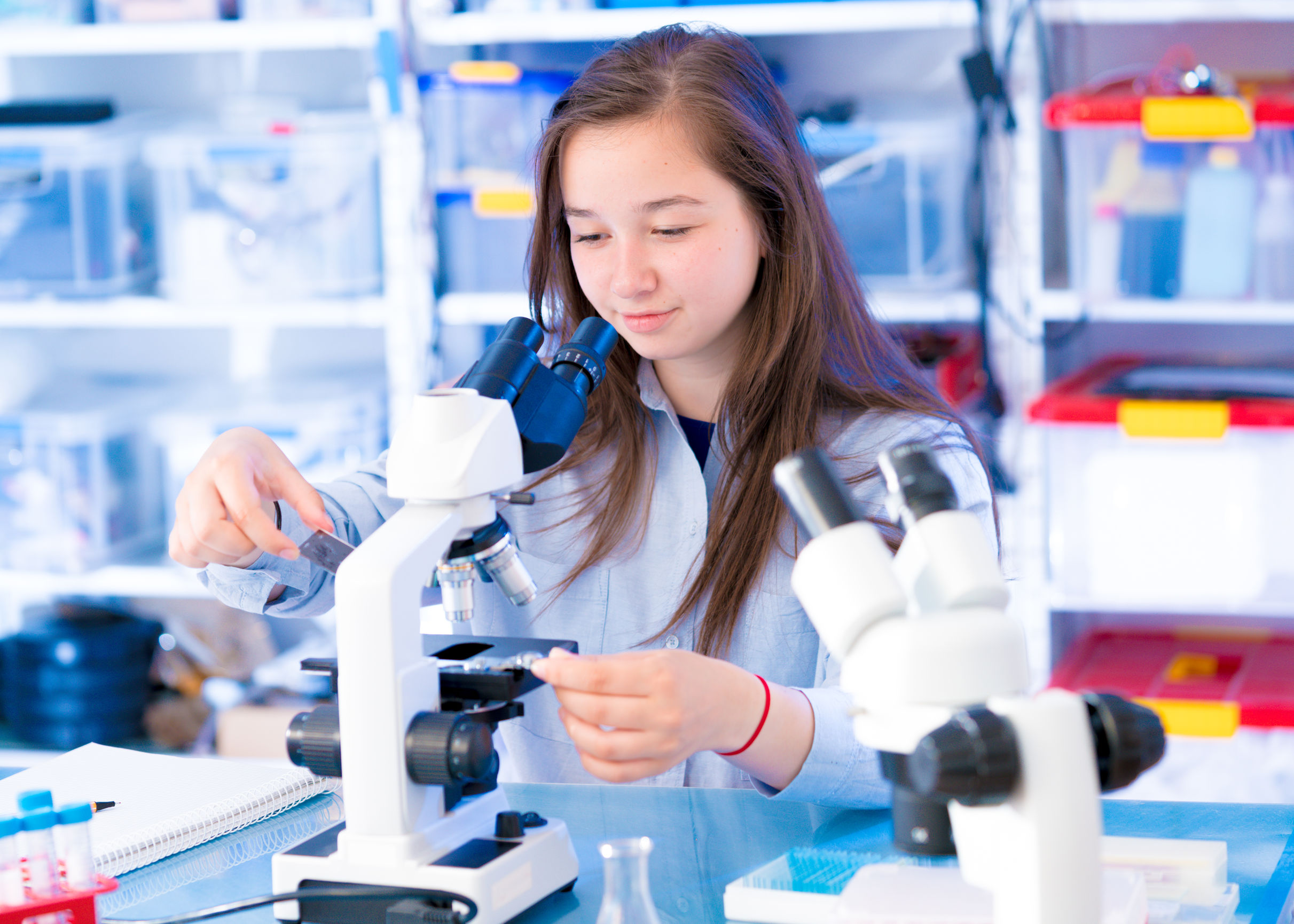This website uses cookies so that we can provide you with the best user experience possible. Cookie information is stored in your browser and performs functions such as recognizing you when you return to our website and helping our team to understand which sections of the website you find most interesting and useful. Check our privacy policy here
The epidermal growth factor receptor (EGFR, HER1) was found to overexpress in human tumors back in 1984. Since then, human epidermal growth factor receptors have proven to be of the utmost importance in oncogenesis and the progression of many kinds of cancer as well as in the apparition of treatment resistance. Therefore, this family can be considered a group of potential therapeutic targets.
HER dimerization leads to allosteric activation of their kinase domain and subsequent signalling. Among HERs, HER3 plays a key role in the development of resistance to EGFR and HER2 blockade therapies
Consequently, HER3 is a central piece of this system, dimerizing with HER2/EFGR, therapeutic targets to which treatment resistance usually arises. The complexity of the HER3-HER2 axis, in which many mechanisms of regulation intervene, makes it quite robust.
Anti-HER3 Therapeutic Antibodies
SunRock has developed a novel IgG1 targeting HER3 with improved affinity (picomolar EC50) and a binding site that keeps HER3 in a close conformation. It interferes with HER3 binding to HER2/EGFR and prevents dimerization, interrupting signaling in the absence of ligand. This new IgG has yielded results in cancer xenografts with TGI values of up to 80%.
HER3 is a well-known therapeutic target, associated to cancer progression, worse survival rate and acquired resistance to HER2 and EGFR-targeted drugs.
HER3 overexpression has been described, among other indications, in HER2-amplified breast cancer and in advanced metastatic colorectal cancer (mCRC).
Besides, SunRock is developing bispecific anti-HER3/anti-EGFR antibodies in different formats. These bsAbs outperform the antitumor effect of the standard treatment in different oncology indications.
SunRock owns exclusive, world-wide rights of the IP protecting our HER3 targeted antibodies.
SRB17
SunRock, in collaboration with the University of Stuttgart (Germany), has developed SRB17, a best-in-class fully human IgG anti-HER3 with improved affinity and a dual mechanism of action.
SRB17 shows increased affinity compared to other patented anti-HER3 antibodies developed by big pharma companies.
- SRB17’s binding site impairs ligand-dependent activation of HER3, and also HER3 allosteric activation of HER2 and EGFR (Schmitt et al. 2017).
SRB17 inhibited tumor growth, and significantly increased median survival in a subcutaneous xenograft of head and neck cancer (FaDu) model in SCID mice.
HER3-TRAIL BIFUNCTIONAL ANTIBODY
SunRock has developed SRB22, a new anti-HER3-TRAIL bifunctional antibody with a new linker and improved efficacy.
This molecules shows up-to 40 times higher antitumor efficacy than the untargeted TRAIL.
-
-
- SRB22 triggers specific tumor cell death by inclucing apoptosis.
- SRB22 triggers cell death within the picomolar range in different tumor models including colorectal cancer, gastric cancer, melanoma, etc.
- In vivo, SRB22 achieves complete tumor regression in up to 90 % in different immunotherapy-resistant xenograft models.
-
SRB19
SRB19 is a Tetravalent Single Chain Diabody-Fc Fusion Protein, inhibited ligand-dependent and independent phosphorylation of EGFR and HER3 in several tumor models, outperforming the antitumor efficacy of the individual antibodies combo
Treatment with SRB19 outperforms the effect of cetuximab in head and neck in vivo cancer models. SRB19 produced a 90% of tumor regression and reduced liver toxicity in HNSCC subcutaneous xenograft models.
In TNBC orthotopic models, treatment with SRB19 outperforms the effect of the combination of the two parental antibodies inhibiting tumor.
SRB22, anti-HER3-TRAIL bifunctional
Discovery
Preclinical
Clinical phases
SRB17, anti-HER3 mAb
Discovery
Preclinical
Clinical phases
SRB19, anti-HER3-EGFR bispecific
Discovery
Preclinical
Clinical phases
SRB21, anti-HER3-HER2 bispecific
Discovery
Preclinical
Clinical phases

